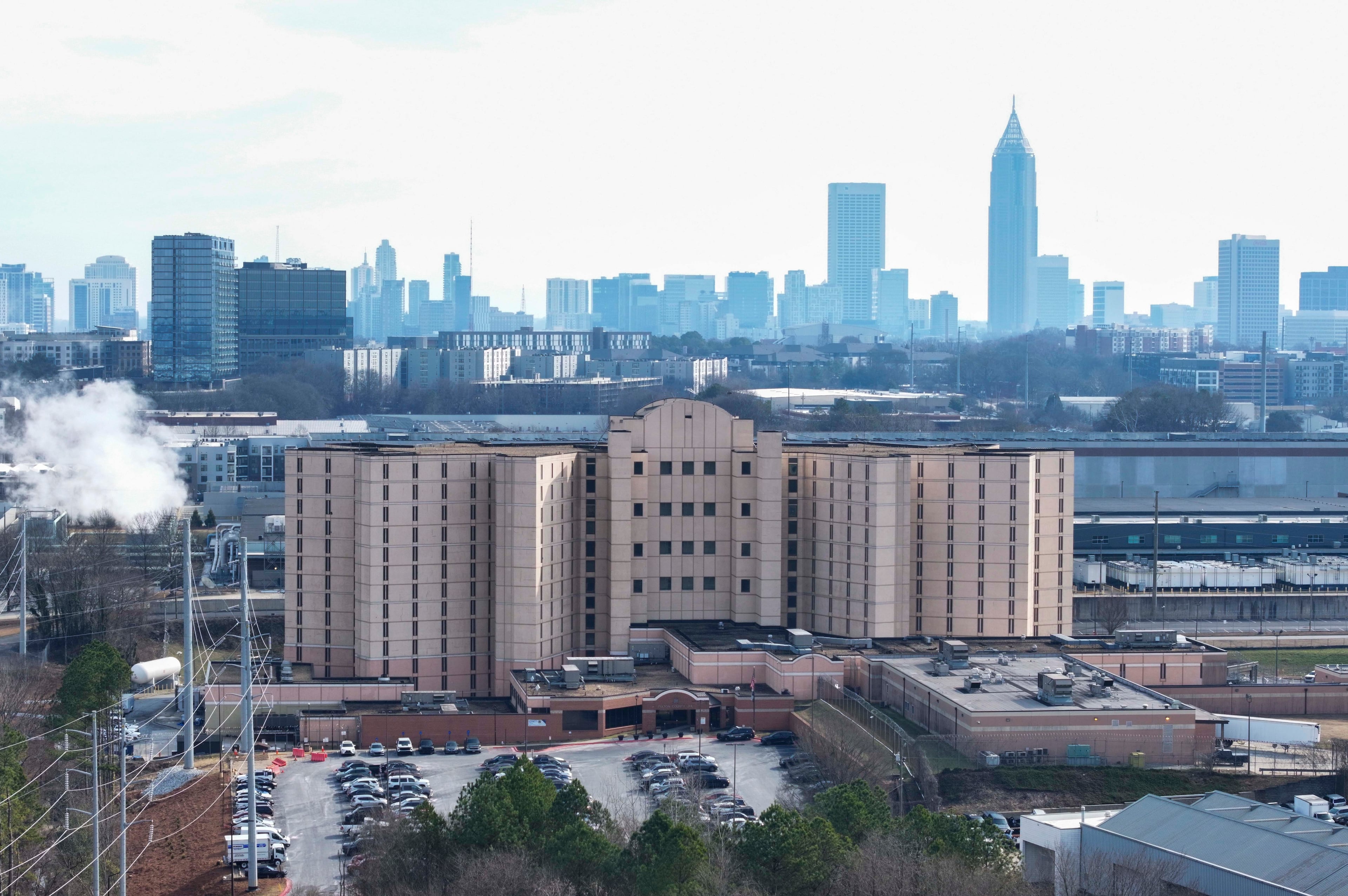Georgia’s justice gap has easy solutions to keep Georgians more productive

Georgia has a justice gap.
For many people who need support at crucial moments in their lives — such as divorce, child support, child custody, estate and property or other civil matters — they simply don’t have the funds to hire a lawyer.
Legal aid studies show that the proper functioning of an efficient economy requires the availability of a fair and balanced legal system to adjudicate legitimate disputes and preserve individual rights. Legal assistance is critically important to helping Georgians remain productive.

As Georgia Supreme Court Chief Justice Michael P. Boggs said in his State of the Judiciary address to the Georgia Legislature this year, the “lack of legal advocacy can make it harder to access other needs such as housing, medical care and child support. And it can mean people don’t have access to a lawyer at a most critical moment in their lives.”
As with other gaps in America, such as in wealth, income, health and education, the underlying cause for the justice gap is poverty. More than 60% of Americans live paycheck to paycheck. Whether it’s a need for car or home repairs or a lawyer, most people have no money in reserve for these life needs.
We’re not just talking about people who are destitute; we’re talking about people with pretty good jobs who live paycheck to paycheck. Legal fees aren’t in the budget.
Legal Services Corporation’s most recent Justice Gap Report said, “Low-income Americans do not get any or enough legal help for 92% of their substantial civil legal problems.”
And in Georgia, that gap is even wider compared with our peers, according to a Carl Vinson Institute of Government presentation. Florida provides a robust network of legal self-help centers and has a very public advocate for improving access to justice in their Bar Foundation. North Carolina and Maryland do as well. Our state provides some services like this in the metro areas, but as soon as you get outside urban cores, people often have no access to attorneys.
Georgia has 34,000 lawyers, but they tend to be clumped in urban areas. At least 10 counties in Georgia don’t have any lawyers, a phenomenon that’s become known as legal deserts.
And though Atlanta Legal Aid and Georgia Legal Services lawyers work hard daily to meet the legal needs of Georgians, those organizations don’t have enough funding to meet all the needs that I see daily, especially for family law matters.
We know that without legal help, these problems persist and fester — damaging individuals, families, neighborhoods and communities. That is why I’ve worked hard with many others to get Middle GA Justice (MGJ) off the ground to fill the civil justice gap. MGJ works to remove obstacles and barriers to fulfilling one’s potential by providing legal assistance to those in need. But MGJ, which is funded by foundations and donors, is just one small drop in the bucket of legal assistance Georgia residents need.
A report from Texas concluded that investing in legal aid services leads to a sizable stimulus in the Texas economy by helping people trapped in legal problems move forward (which in turn leads people to have more stable housing and employment, helps them transfer properties and even pay taxes).
It’s time for Georgia to implement some simple solutions that will help Georgians solve their civil legal issues, move on and live better and more productive lives.
Here are two easy solutions I’m calling on our Georgia Legislature and Georgia Supreme Court to implement to fill Georgia’s justice gap:
1) We need coordinated state, county and city investment to improve access to justice. It’s time to invest in both an “Ikea” solution (self-help guidance) and more legal services provided by lawyers. We call upon our leaders to ask the Georgia Legislature to invest more funding into legal self-help centers and legal aid services.
2) It’s also time to start reconsidering the rules for the practice of law. Other states allow nonlawyers to become licensed form preparers to help people navigate their legal problems if they cannot afford a lawyer. A pilot program in Georgia would be helpful to explore this innovative idea. We call upon our Supreme Court to allow experimentation to allow nonlawyers to help fill the gap.
Now is the time to invest in our legal aid services and experiment while Georgia enjoys a budget surplus, thanks to its wise economic decisions and reputation as the No. 1 place to do business.
The state will certainly witness a positive return on investment through the increased productivity of Georgians, especially those who live in legal deserts.
It’s up to us, and it’s time we strengthen access to justice, for all.
Bill Adams, a retired State Court Judge of Bibb County and lawyer with Adams Law Firm in Macon, received the 23rd Annual Thomas O. Marshall Professionalism Award.

